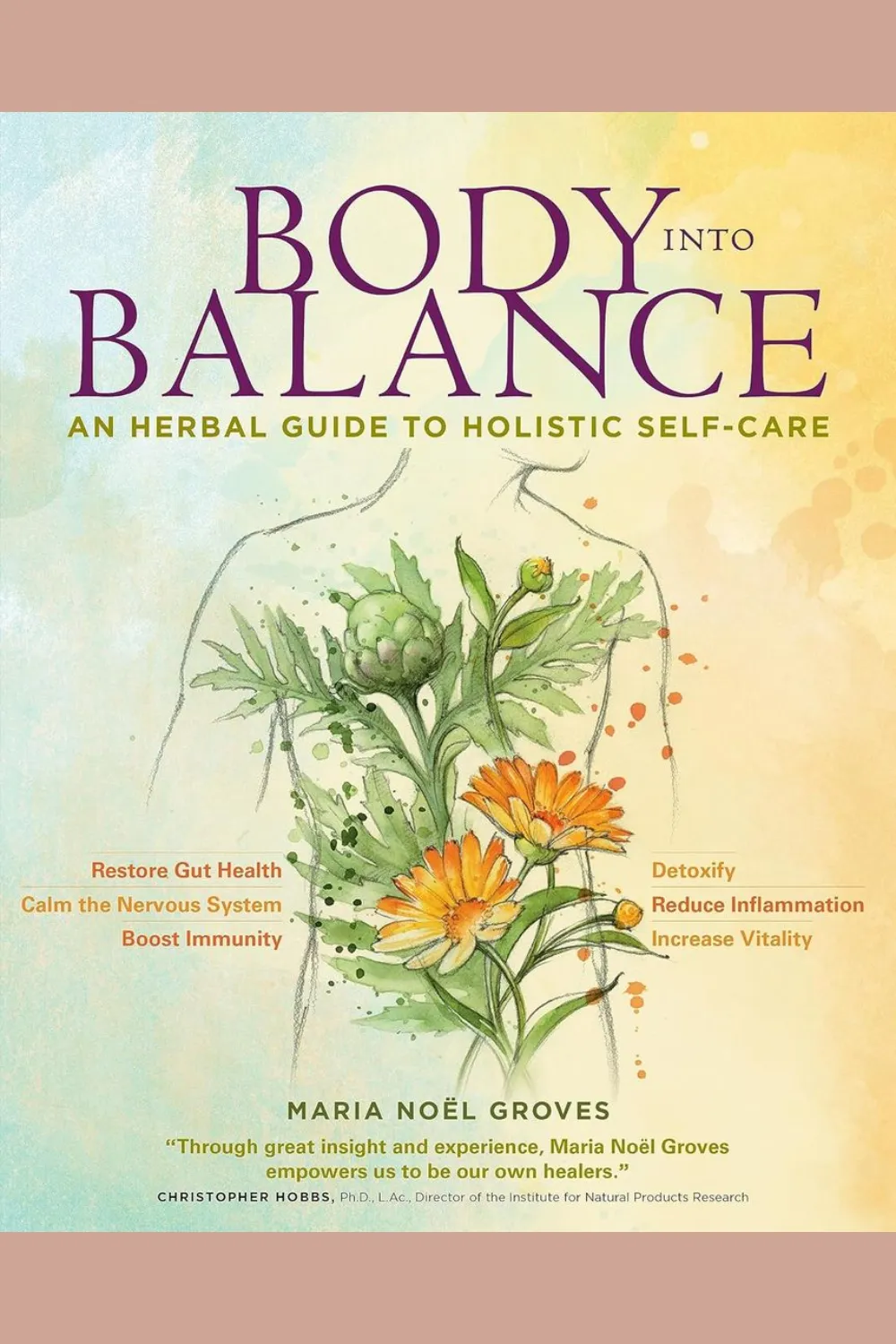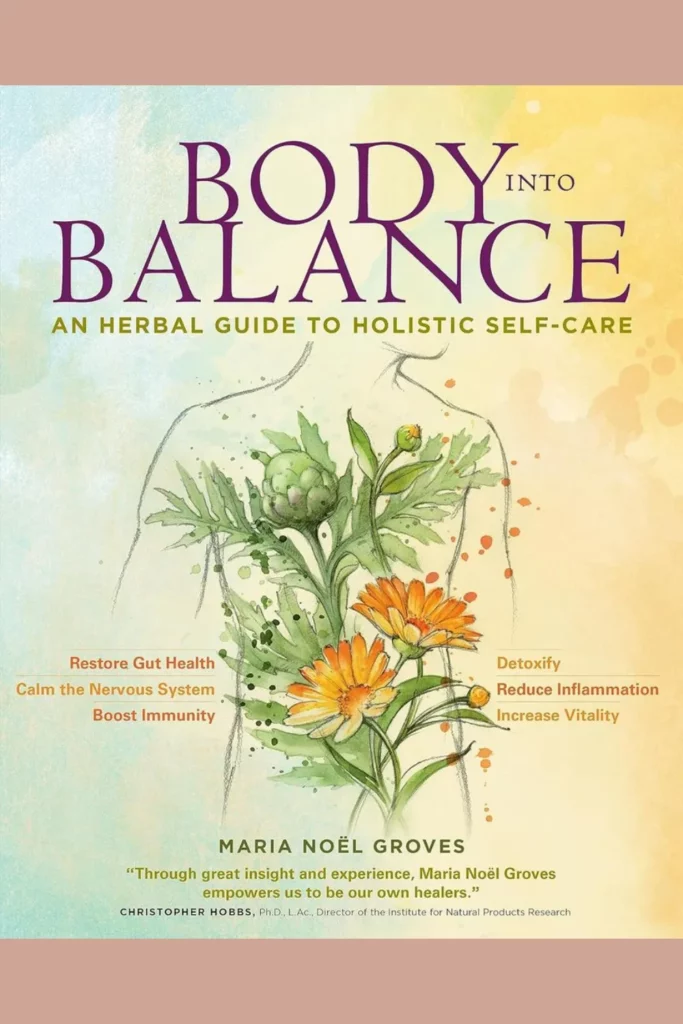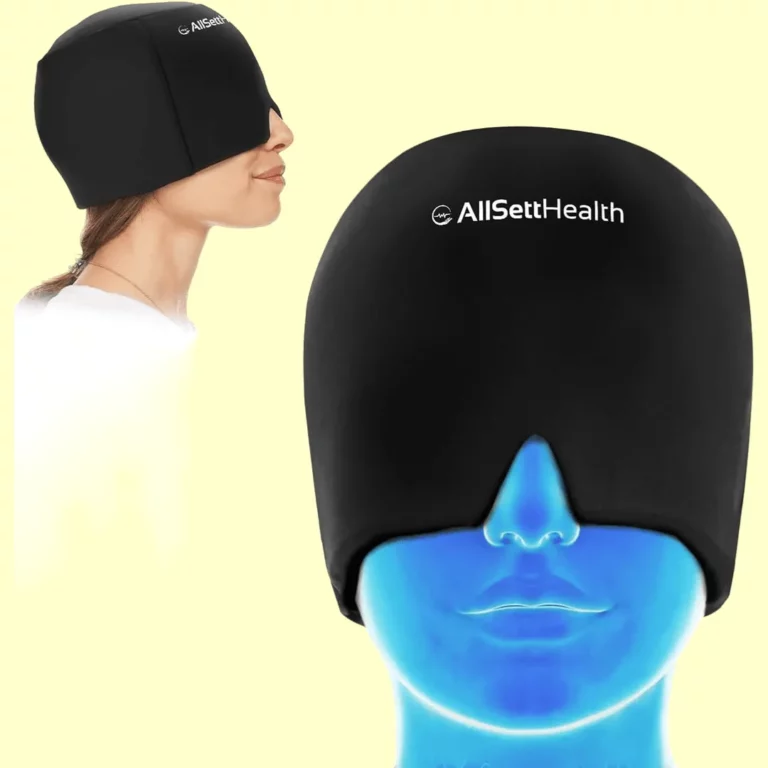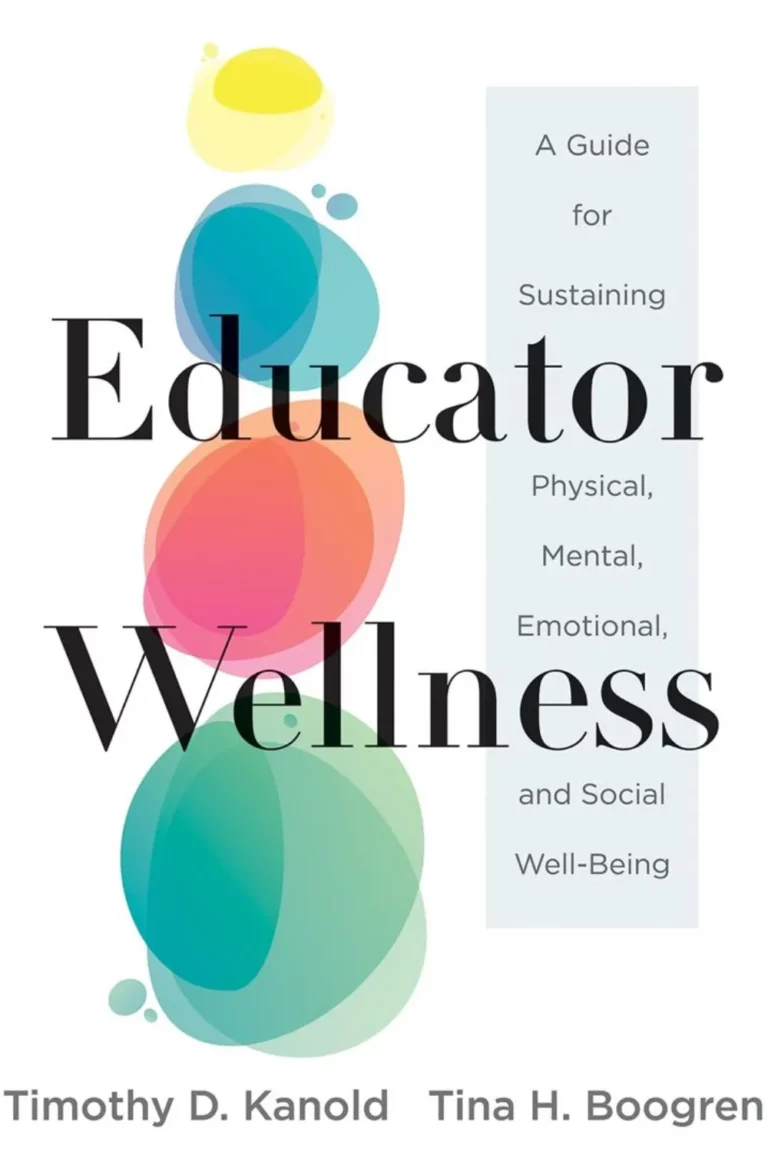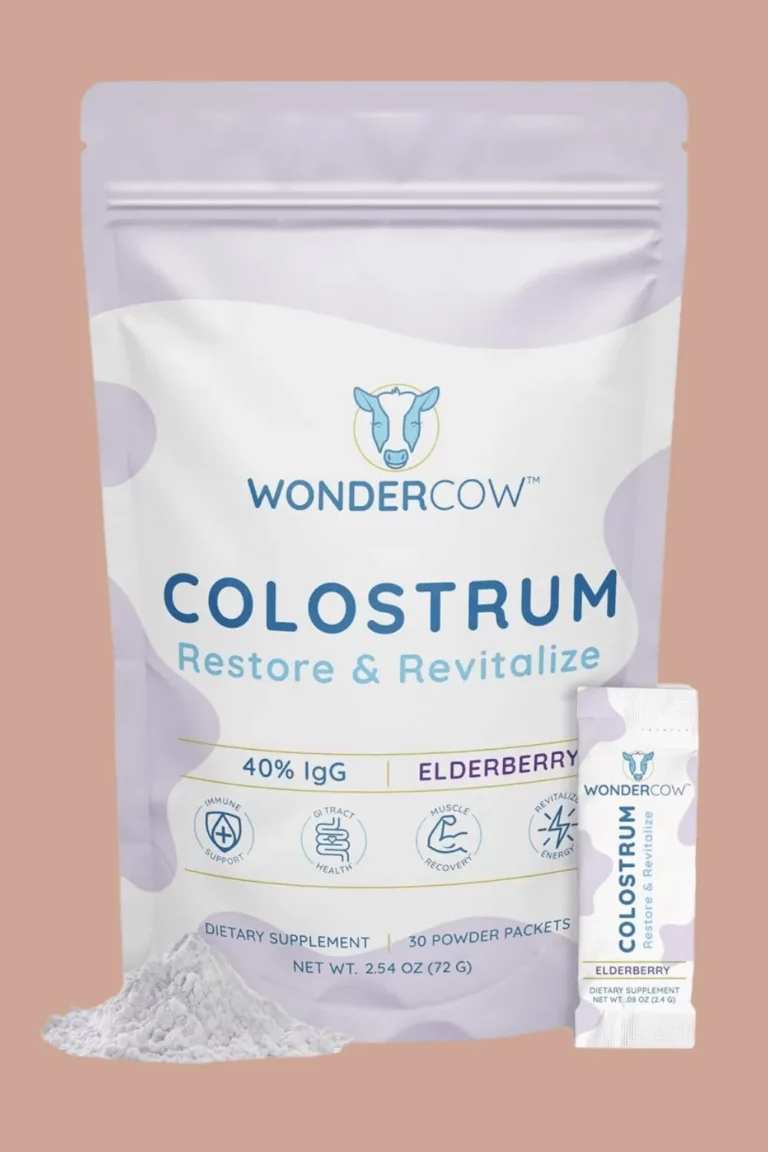Holistic Health and Wellness Balance
In today’s fast-paced and constantly evolving world, it is becoming increasingly important to prioritize our physical, mental, and emotional well-being.
As our lives become more hectic and stressful, the concept of holistic health and wellness has gained increasing attention.
Holistic health and wellness is a comprehensive approach to overall well-being that encompasses all aspects of our lives, including our physical, emotional, and spiritual health.
It focuses on achieving balance and harmony within ourselves and our environment, leading to a more fulfilling and healthy life.
In this ultimate guide to holistic health and wellness practices, we will explore the various components of holistic health, their benefits, and how to incorporate them into our daily lives.
By understanding and implementing these practices, we can achieve a state of well-being that goes beyond just the absence of illness, but rather a state of optimal health and vitality.
So, let us embark on this journey together and discover the key elements of holistic health and wellness that will guide us towards a more vibrant and fulfilling life.
Table of Contents Holistic Health and Wellness Balance
Embrace natural remedies for wellness
In today’s fast-paced world, many people are seeking alternative approaches to enhance their overall well-being.
Embracing natural remedies for wellness has become a popular choice for those who are looking to take a holistic approach to their health.
Natural remedies, such as herbal supplements, essential oils, and mindfulness practices, can offer a range of benefits, from promoting relaxation and reducing stress to supporting immune function and boosting energy levels.
Incorporating these natural remedies into your daily routine can help nurture a balanced mind, body, and spirit, allowing you to achieve optimal wellness and lead a more fulfilling life.
Nourish your body with nutrition
Fueling your body with proper nutrition is a fundamental pillar of holistic health and wellness.
The food we consume serves as the building blocks for our body’s functions and energy production.
By nourishing ourselves with a well-balanced diet rich in essential nutrients, we can support our physical health, enhance our mental clarity, and promote overall vitality.
Opting for whole, unprocessed foods and incorporating a variety of fruits, vegetables, lean proteins, and whole grains into our meals can provide the necessary vitamins, minerals, and antioxidants our bodies need to thrive.
Additionally, focusing on mindful eating practices, such as savoring each bite and listening to our body’s hunger and fullness cues, can help foster a healthy relationship with food and promote sustainable eating habits.
Remember, nourishing your body with nutrition is not just a means to achieve weight loss, but a way to cultivate long-term well-being and vitality.
Find balance through mind-body connection
In the quest for holistic health and wellness, finding balance through the mind-body connection is paramount.
The mind and body are intricately linked, and nurturing this connection can lead to profound benefits in our overall well-being.
Practices such as meditation, yoga, and deep breathing exercises can help to calm the mind, reduce stress, and cultivate a sense of inner peace.
These practices also allow us to tune into our bodies, listening to their signals and needs.
By paying attention to how we feel physically, emotionally, and mentally, we can make more informed decisions about our lifestyle choices, including diet, exercise, and self-care routines.
Engaging in activities that bring joy, practicing self-compassion, and prioritizing rest and relaxation are all essential components in nurturing the mind-body connection and creating a harmonious balance in our lives.
By incorporating these practices into our daily routines, we can enhance our overall well-being and achieve a greater sense of wholeness.
Incorporate mindfulness into daily routine
In our journey towards holistic health and wellness, incorporating mindfulness into our daily routines can be a transformative practice.
Mindfulness involves being fully present in the current moment, observing our thoughts, emotions, and sensations without judgment.
It allows us to cultivate a deeper awareness of ourselves and the world around us.
By incorporating mindfulness into our daily routines, we can bring a sense of peace, clarity, and intention to our actions.
This can be achieved through simple practices such as mindful eating, where we savor each bite, fully experiencing the flavors and textures of our food.
Taking mindful breaks throughout the day, even for just a few minutes, can help us reset and recharge, allowing us to approach tasks with renewed focus and clarity.
Engaging in mindfulness-based activities such as meditation, journaling, or even going for a mindful walk can also help us cultivate a greater sense of self-awareness and reduce stress.
By incorporating mindfulness into our daily routines, we can create a foundation for holistic well-being and experience a greater sense of balance and harmony in our lives.
Explore alternative healing methods
As we delve further into the realm of holistic health and wellness, it is beneficial to explore alternative healing methods that complement traditional approaches.
These methods focus on treating the whole person – mind, body, and spirit – and aim to restore balance and promote overall well-being.
One such method is acupuncture, an ancient Chinese practice that involves the insertion of thin needles into specific points on the body to stimulate energy flow and restore harmony.
Another alternative healing modality is herbal medicine, which utilizes the therapeutic properties of plants to address various health concerns.
Additionally, practices like Reiki, a form of energy healing, and aromatherapy, which harnesses the power of essential oils, offer unique approaches to promoting relaxation, reducing stress, and supporting healing processes.
Exploring these alternative healing methods can provide a holistic approach to our well-being, offering additional tools and practices to support our journey towards optimal health.
Prioritize self-care for overall health
In the realm of holistic health and wellness, one key aspect that should not be overlooked is the prioritization of self-care for overall health.
Self-care refers to the intentional actions and practices we engage in to nurture and support our physical, mental, and emotional well-being.
It involves setting aside time for activities that promote relaxation, stress reduction, and self-reflection, allowing us to recharge and rejuvenate.
Incorporating self-care practices into our daily lives can have a profound impact on our overall health, as it helps to reduce the negative effects of chronic stress, improve mood and mental clarity, enhance resilience, and foster a greater sense of self-awareness and self-compassion.
Examples of self-care activities include regular exercise, getting enough sleep, practicing mindfulness or meditation, engaging in hobbies or creative outlets, spending quality time with loved ones, and seeking support from trusted professionals or community resources when needed.
By prioritizing self-care, we can cultivate a greater sense of balance, vitality, and well-being in our lives.
Incorporate essential oils for healing
When exploring holistic health and wellness practices, one avenue worth considering is the incorporation of essential oils for healing.
Essential oils are highly concentrated plant extracts that contain the therapeutic properties of the plants they are derived from.
These oils can be used topically, through inhalation, or even ingested in some cases, under the guidance of a qualified practitioner.
With their natural and aromatic properties, essential oils have been used for centuries to support physical, mental, and emotional well-being.
From lavender for relaxation and stress relief to peppermint for digestion and mental clarity, each essential oil offers its own unique benefits.
Incorporating essential oils into your holistic wellness routine can enhance relaxation, promote a sense of balance and harmony, and provide natural remedies for common ailments.
However, it is essential to educate oneself about the proper usage and potential risks associated with essential oils, as they are potent substances that should be used with caution.
Consulting with a trained aromatherapist or holistic healthcare professional can help ensure safe and effective incorporation of essential oils for healing in your wellness journey.
Cultivate a holistic lifestyle approach
Living a holistic lifestyle goes beyond just incorporating individual practices or products into your routine.
It is about cultivating a comprehensive approach to health and well-being that encompasses all aspects of your life – physical, mental, emotional, and spiritual.
This means nourishing your body with whole and nutritious foods, engaging in regular physical activity, prioritizing self-care and stress management techniques, fostering positive relationships, and cultivating a sense of purpose and connection with the world around you.
Adopting a holistic lifestyle is not a quick fix or a one-size-fits-all approach, but rather a lifelong commitment to embracing and nurturing your overall well-being.
By taking a holistic approach, you can experience improved vitality, balance, and a greater sense of fulfillment in all areas of your life.
In conclusion, incorporating holistic health and wellness practices into our daily lives can have a profound impact on our overall well-being.
From mindfulness and self-care to nutrition and movement, these practices offer a holistic approach to maintaining physical, mental, and emotional balance.
By prioritizing self-care and taking a holistic approach to our health, we can create a healthier and more fulfilling life for ourselves.
Remember to always consult with a healthcare professional before making any significant changes to your routine, and continue to explore and discover what works best for your body and mind.
Here’s to a journey towards holistic health and wellness!
FAQ
What are some key principles of holistic health and wellness practices?
Key principles of holistic health and wellness practices include treating the whole person (mind, body, and spirit), focusing on prevention rather than just treatment of diseases, emphasizing the importance of lifestyle factors such as nutrition, exercise, and stress management, promoting balance and harmony within the body, mind, and environment, and recognizing the interconnectedness of all aspects of health.
Holistic practices often incorporate complementary and alternative therapies alongside conventional medicine to address an individual’s physical, emotional, and spiritual well-being.
Prioritizing self-care, mindfulness, and personalized approaches to health are also central to holistic health and wellness practices.
How can incorporating mindfulness and meditation into daily routines improve overall well-being?
Incorporating mindfulness and meditation into daily routines can improve overall well-being by reducing stress, increasing self-awareness, promoting emotional regulation, enhancing focus and concentration, improving sleep quality, and fostering a sense of inner peace and contentment.
These practices help individuals cultivate a more positive outlook on life, manage challenging situations more effectively, and develop a deeper connection with themselves and others, ultimately leading to improved mental, emotional, and physical health.
By being present in the moment and practicing mindfulness and meditation regularly, individuals can experience a greater sense of balance, resilience, and overall well-being in their lives.
What are some natural remedies and alternative therapies that can be used to promote holistic health?
Some natural remedies and alternative therapies that can promote holistic health include acupuncture, yoga, meditation, herbal supplements, aromatherapy, massage therapy, and chiropractic care.
These practices focus on treating the mind, body, and spirit as interconnected elements of overall health and wellness.
By incorporating these holistic approaches into one’s lifestyle, individuals can support their physical, emotional, and mental well-being in a more balanced and integrated way.
Engaging in these practices alongside traditional medical care can help enhance overall health and vitality.
How does nutrition play a role in holistic health and wellness?
Nutrition plays a crucial role in holistic health and wellness by providing the essential nutrients needed for optimal physical, mental, and emotional well-being.
A well-balanced diet supports the body’s functions, boosts the immune system, promotes mental clarity, and enhances overall vitality.
Eating nutrient-dense foods can prevent chronic diseases, improve mood, and support a healthy weight.
Additionally, proper nutrition contributes to better digestion, increased energy levels, and overall longevity.
By focusing on nourishing the body with whole, natural foods, individuals can achieve holistic health and wellness that encompasses all aspects of their well-being.
What are some practical tips for creating a holistic health and wellness plan that fits individual needs and lifestyles?
To create a holistic health and wellness plan tailored to individual needs and lifestyles, start by setting specific, achievable goals.
Incorporate a balanced diet, regular exercise, stress management techniques, and quality sleep.
Customize the plan to include activities that bring joy and relaxation.
Prioritize self-care and listen to your body’s needs.
Stay consistent but be flexible with adjustments as needed.
Seek support from healthcare professionals, therapists, or wellness coaches.
Remember that small, sustainable changes over time lead to long-term success in achieving overall health and wellness.

